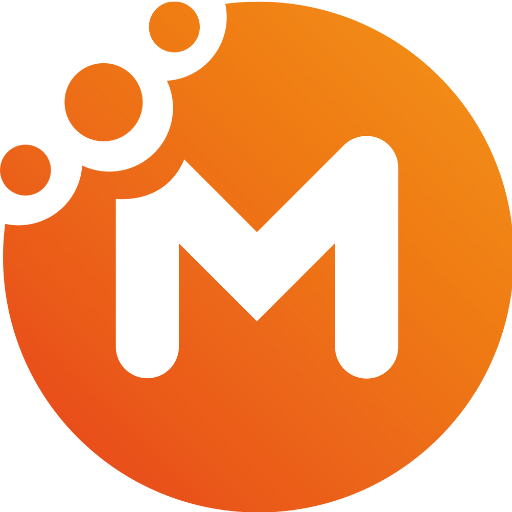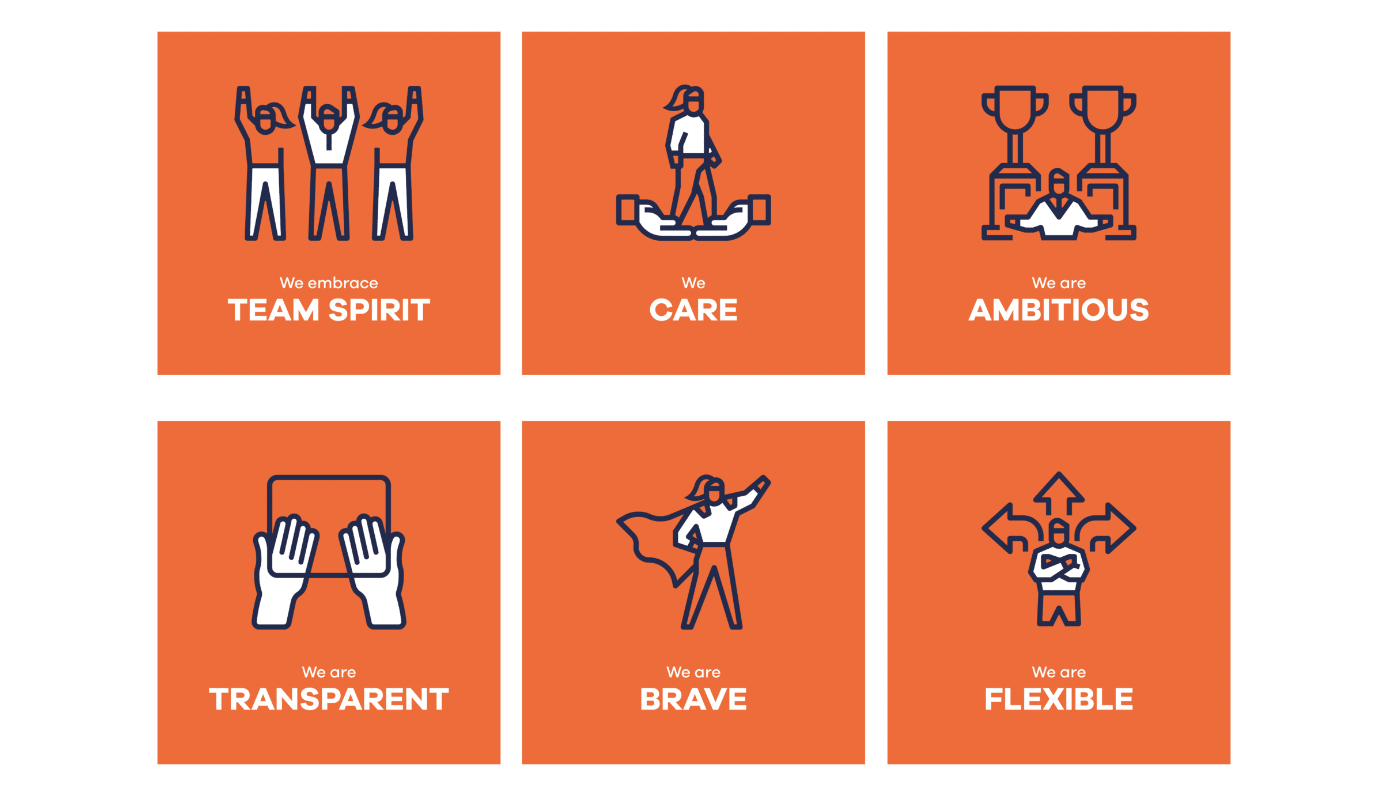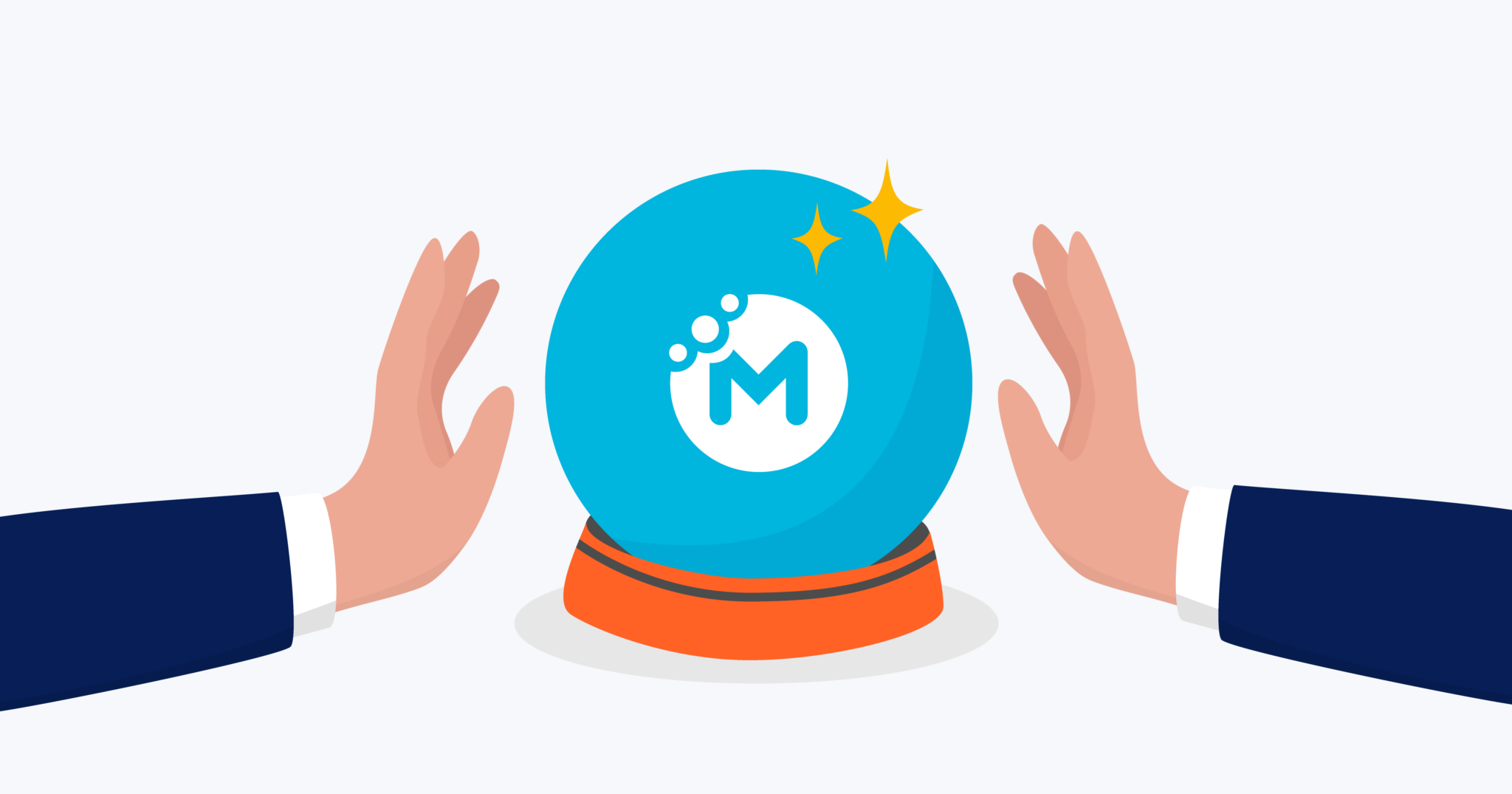Step into the realm of innovation and educational evolution as we recap the groundbreaking insights unveiled at the Next Learning Event 2023.
From cutting-edge technologies to transformative strategies, the event served as a nexus for thought leaders, educators, and industry pioneers to share, discuss, and shape the future of learning. Join us on a journey through the key takeaways, game-changing discussions, and paradigm-shifting ideas that promise to reshape the education landscape.
Get ready to dive into the pulse of educational transformation and discover the trends that will define the next era of learning!
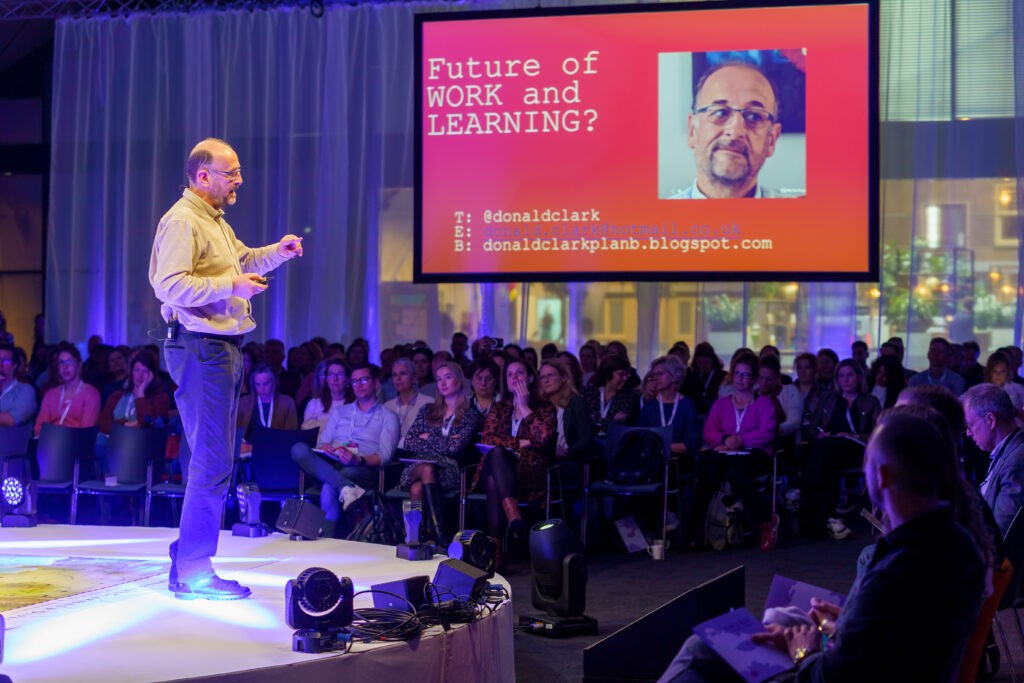
Artificial Intelligence requires L&D upskill. Fast!
Donald Clark, CEO of Wildfire Learning, during the Next Learning Event 2023, shared the mindblowing possibilities of AI in our work and learning.
And as we all realize, this future is not as far away as we thought. Donald discussed the global impact of ChatGPT, the famous artificial intelligence chatbot that reached 100 million users just two months after launching.
Today, individuals worldwide use ChatGPT for the most diverse professional purposes – and it’s safe to say that we just got started!
With a future of limitless AI possibilities that will inevitably impact our everyday lives, Clark made it clear that we are forced to upskill our L&D approach to remain relevant engaging and impact employee development and business results.
And how should we do that?
AI in learning makes our world a more inclusive place.
Donald Clark also spoke about how AI enables us to create and coordinate content more effectively than ever before, impacting our productivity and output. Moreover, AI enables us to make the world more inclusive and accessible in our professional and private lives.
How so? AI allows us to transfer information quickly, from speech to text or text to video. These solutions make it easier for people with disabilities or disorders to find their way in the workplace.
Reconsider the way we use blended learning.
In many companies, blended learning is still nothing more than having a mix of online and offline training. They don’t explore how these two can work together to effectively create the desired results.
Proper research and analysis should be applied. Existing courses should be stripped and built back up in a blended form. Only then can blended learning benefit you as a company and the people who have to learn. And your employee performance and business.
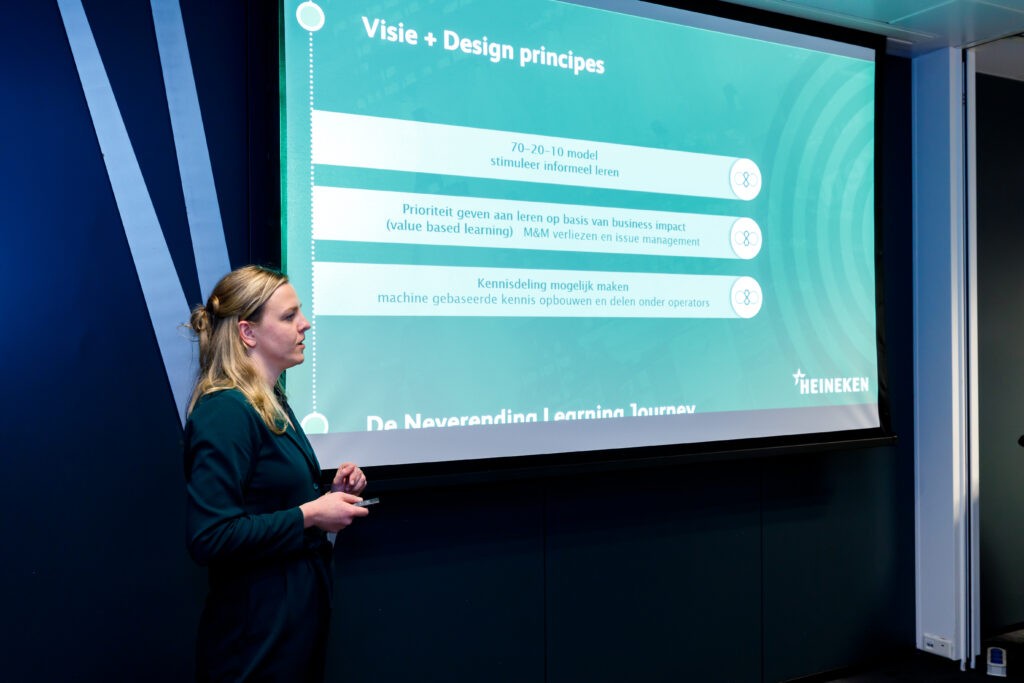
Personalize learning.
Learning is something very personal. Not everyone learns in the same way or gets the best results doing the same thing. Joost Smilde and Nathalie Rikkers from Heineken explained in their masterclass how they built a compelling learning journey for their production employees.
This blended learning journey is built around individual skills, interests and abilities to maximize progress and success. By including incentives at the end of each learning track, they also keep their employees motivated to participate.
Ownership of their jobs helps improve their results and output on the work floor.
Do podcasts have a place in learning?
The short answer is yes and no. It has benefits and downsides, but it can work very well for some people. And as you know, we want to make learning personalized, so it’s worth testing in your L&D strategy.
Podcast producer and learning tech expert John Helmer explained that what makes a podcast in learning so unique is the pure form it’s presented in.
No visuals, text, or distracting elements; purely a voice that transmits information. Because of this, podcasts end up in our consciousness much quicker than other forms of media, as visual stimuli take more processing than audio.
But there are also downsides. There is the risk of distraction, as podcasts are often listened to while doing something else. That has an impact on the knowledge retention. But overall, the lack of cognitive load it takes to consume the podcasts outweighs the distractions. So, our advice is worth trying.

Are you curious to hear more about the insights we gained at the Next Learning Event 2023?
Then let’s chat and discuss how to create a future proof L&D strategy for your organization.


